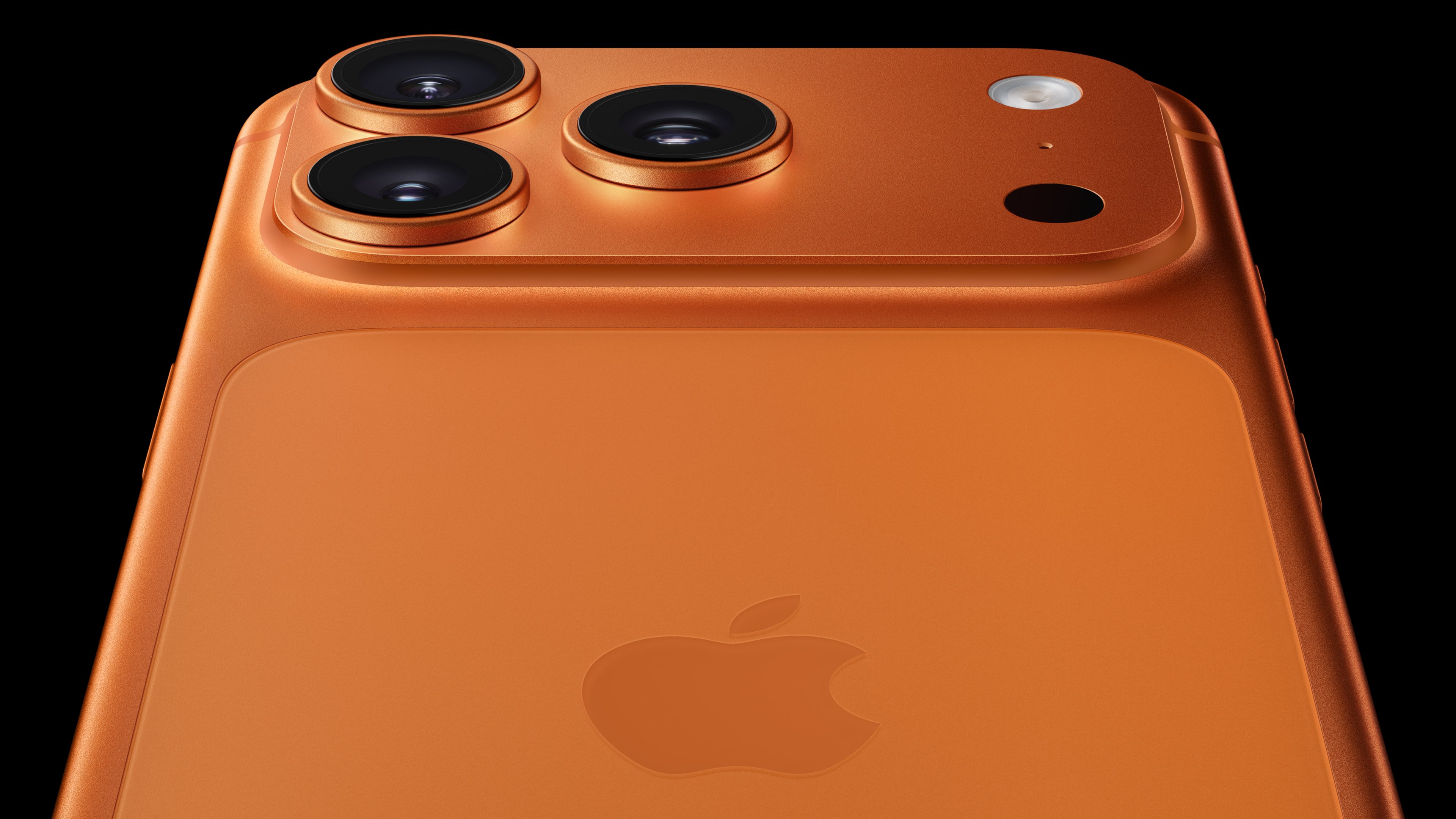What was once a virtual impossibility is now a reality. Tech giants Apple (AAPL +0.04%) and International Business Machines (IBM 0.47%) announced a deal this week in which IBM will help push Apple's iPhones and iPads deeper into the corporate world.

Source: IBM
This deal has been hailed as a game changer widely throughout the media since it was announced on Tuesday, That's partly true, as there's essentially zero downside in this deal for either Apple or IBM. However, investors in either firm might do well to temper their expectations, as it appears this deal is more likely to prove only somewhat accretive to Apple and IBM sales, rather than be transformational.
Apple and IBM: A remarkable deal
It would be hard to write this article without paying some kind of lip service to the truly historic nature of this deal. In the nascent years of the PC market, Apple and IBM established themselves atop, but at opposite ends of, the then-budding market. Apple presented itself as the lone positive force for innovation in the PC market against the evil corporate behemoth IBM. IBM even served as the foil for Apple's famous 1984 commercial, an ad that's been referred to as the best ever. See for yourself.
However, with Apple evolution well beyond the PC market, and IBM's shift entirely toward the enterprise space, there's truly very little overlap between Apple's and IBM's operations today.
This program, which has been named IBM MobileFirst for iOS, is a clear win-win in terms of marrying the two companies' core strengths to create one truly impressive offering. For it's part, IBM has developed more than 100 new enterprise-focused applications specifically for Apple's iPhones and iPads, which will help corporate customers tap into IBM's strengths in cloud services, big data, and analytics. And for its part, Apple will offer up its legendary hardware, software, and easy user interface, which have made its iPhones and iPads so popular with consumers. Combined, the new Apple-IBM powered offering should create a powerful, easy-to-use set of IT solutions for IBM's clients.
How big a win for investors?
This deal undoubtedly addresses key weaknesses for both Apple and IBM. For Apple, this will help push its iDevices deeper into the largely untapped enterprise space. For IBM, it should also help bolster the sagging top-line growth that persistently plagued Big Blue during the past several quarters. What's harder to project is the exact degree of financial benefit this deal could provide for either Apple or IBM.
It's easy to think about the size of the enterprise IT market, and extrapolate untold millions of new iPhone and iPad shipments for Apple through this IBM deal; but some well-known Apple analysts aren't so sure the deal will play out as such. For one, Piper Jaffray's established Apple perma-bull Gene Munster poured some cold water on the deal's likely impact in a recent note to clients. Munster noted that 92% of Fortune 500 companies have already deployed, or are actively testing, Apple iOS devices. And while it's true that Apple's penetration rate into most corporations remains quite muted, Munster points out that it will take massive enterprise sales volumes for this deal to truly move the needle for either company.
In the note to his clients, Munster puts forth a scenario in which half of the Fortune 500 companies purchase an incremental 2,000 iPhones and 1,000 iPads because of this new deal with IBM, a scenario that would only drive one-half of a percentage point of revenue growth for his projections of Apple's FY 2015 sales. Although he underplays the extent of IBM's reach into corporate IT departments around the world with this scenario, Munster raises an alarming issue with his scenario -- namely, Apple and IBM will have to yield massive additional sales volumes for this deal to live up to its "game-changing" potential.
What seems more plausible in my mind is that this deal will provide a moderate bump in sales for both Apple and IBM, which adds yet another data point in the "moderate growth drivers" storyline that combine to make Apple (and possibly IBM) undervalued today. Like it or not, the reality of doing business for both Apple and IBM is that it takes massive wins to produce something on the order of, say, a double-digit growth driver for companies with quarterly sales bases that comfortably sit in the eleven digits. So, while this deal makes me increasingly optimistic about both Apple and IBM as investments, I'm not sure I'd be writing home about it just yet.






